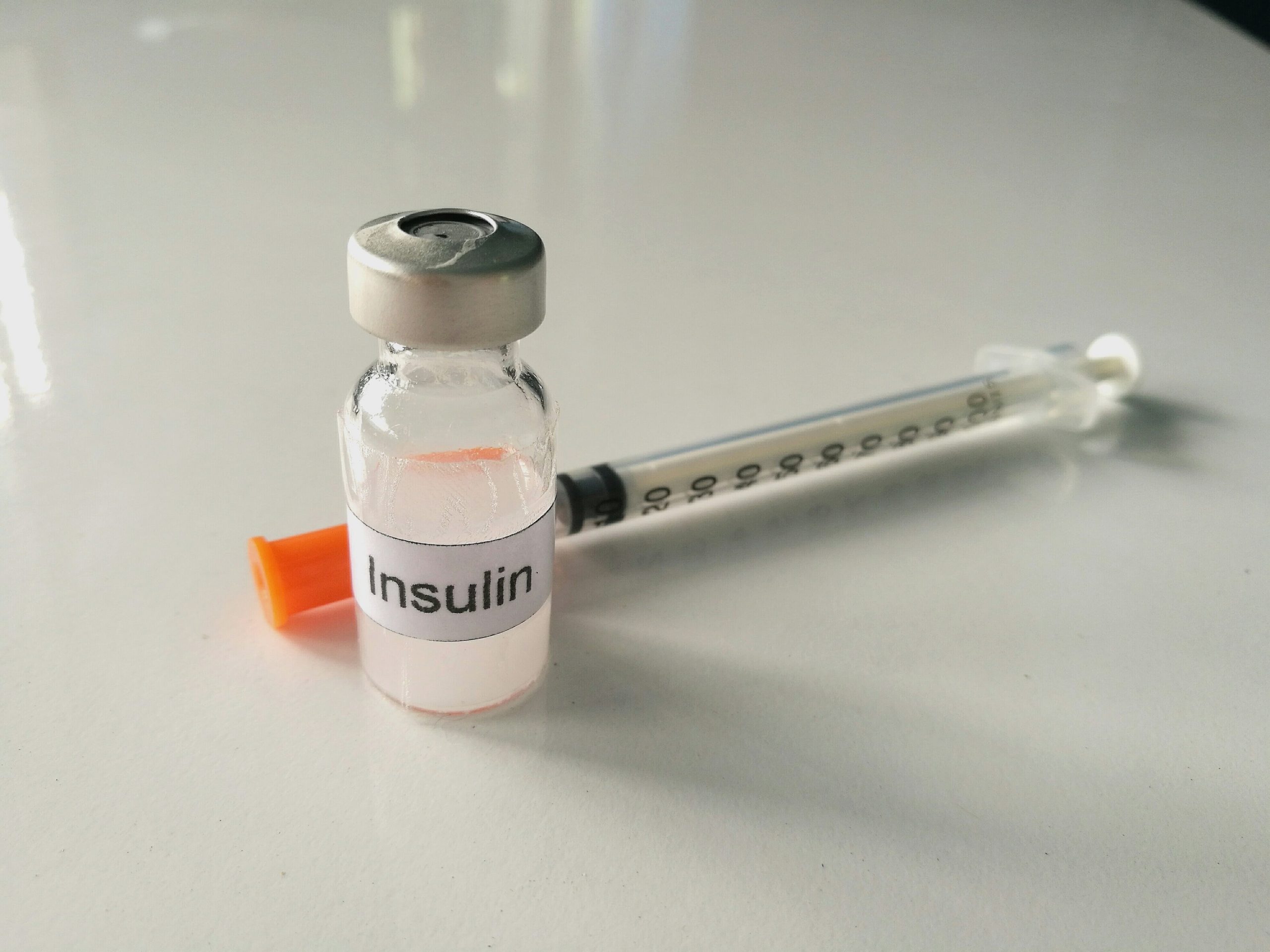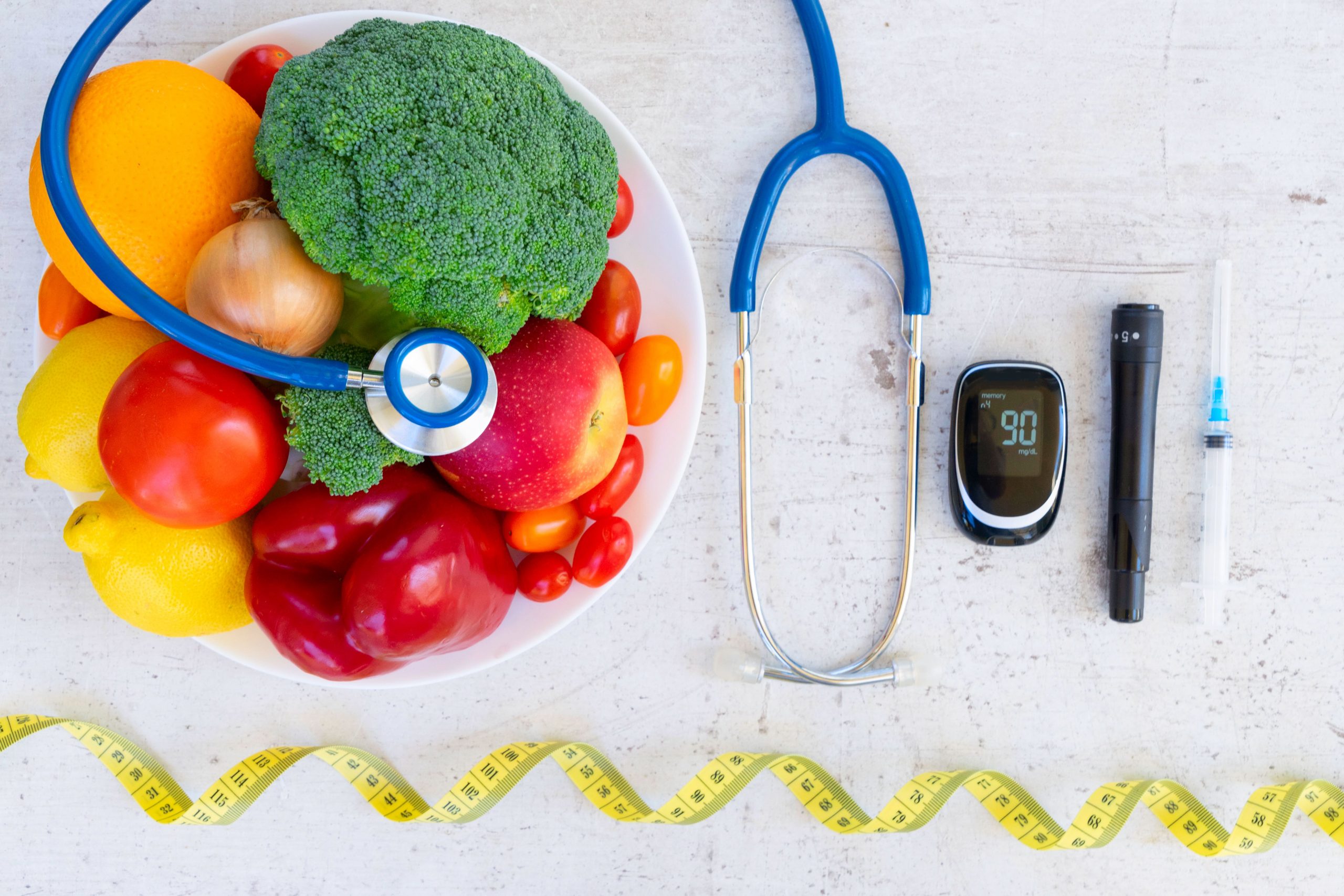Insulin sensitivity informs how fast your cells respond to insulin, leading to better blood sugar control and reduced risk of diabetes type 2. Knowing the natural ways to improve it protects you from diabetes and other lifestyle diseases.
Insulin resistance occurs when the cells do not respond to insulin production, letting the blood sugar levels remain high for longer. When the pancreas senses this, it is compelled to produce more insulin, which the cells still do not respond to. As the organ strains more and more to secrete insulin, its cells are eventually depleted, predisposing one to diabetes type 2. Therefore, monitoring insulin sensitivity, how fast the cells respond to insulin, helps lower the risk of diabetes type 2 and many other lifestyle diseases. Treat this article as your informant and learn about some science-backed ways to boost your insulin sensitivity and keep diabetes type 2 at bay.
i. Get quality sleep
In the busy modern world, people work around the clock and deprive themselves of sleep, leading to obesity, heart disease, and diabetes type 2. Besides, studies suggest that sleep deprivation over time leads to insulin resistance, although a direct connection has not been established between the two factors. For example, one study found that people who slept for 4 hours had insulin-resistant cells, while their fellows who got 8.5 hours of sleep had more sensitive cells. Changing your sleep patterns can help you reverse growing insulin resistance.
ii. Shake off those extra pounds
More studies are linking being overweight or obese with increased risk of diabetes type 2 and insulin resistance. For instance, having voluminous visceral fats promotes the making of hormones that make liver cells and muscles insulin resistant. However, losing at least 7% of total weight reduces your risk of diabetes type 2 and insulin resistance by about 55% for the next 3 years, as reported by the St. John Hopkins study. You can do many things to lose weight, including adjusting your diet and exercising regularly.
iii. Cut down on stress
While stress may be inevitable in this crazy world, you need to do everything within your reach because it is directly linked to insulin resistance and diabetes type 2. When you are stressed, the more glucagon and cortisol, two stress hormones, are produced. Once in the body, they trigger the breakdown of glycogen to glucose, increasing blood sugar levels. Over time, nutrient flocking in the blood and increased blood sugar levels make the cells insulin resistant. The good news, though, is that you can reduce stress effectively by exercising regularly, taking a walk, or meditating often.
iv. Increase your soluble fiber intake
Increasing your soluble fiber intake will also help you make cells more sensitive to insulin and lower insulin resistance. There are two types of fibers; soluble, which lowers hunger and bad cholesterols, and insoluble ones, which mix with stool and help in its movement along the bowel, lowering constipation. In addition, soluble fibers interact with gut bacteria and boost their health, lowering insulin resistance. In fact, studies have confirmed that eating foods high in soluble fibers like flaxseed, vegetables, and legumes, Brussel sprouts, oranges, and oatmeal lead to increased insulin sensitivity.
v. Embrace herbs and spices and make them part of your cooking
In the folk days, herbs and spices were used for medical purposes. Turmeric, ginger, garlic, caraway seeds, fennel seeds, and fenugreek have been there and are appreciated by Ayurvedic and Chinese medicine for their medicinal value. Studies show that most of these herbs can help control blood sugar levels and increase insulin sensitivity. Garlic, for example, boosts insulin secretion because of its special antioxidant properties, while ginger increases insulin receptors in cells, making them more sensitive to the hormone.
vi. Drink more green tea
Green tea is rich in caffeine and is known for its powerful natural stimulant properties. In addition, it has an antioxidant known as epigallocatechin gallate (EGCG), which has anti-diabetic properties. A recent review of more than 17 studies showed that ECEG could reduce blood sugar levels and make cells more sensitive to insulin. In fact, these advantages place it at the top of the lists of the foods that favor people with diabetes type 2.
vii. Keep off trans fats
There are three types of dietary fats; saturated, trans, and unsaturated fats. While unsaturated and saturated fats in their natural forms might have some health benefits, trans fats are dangerous to health, and you need to keep them off to increase insulin sensitivity. Modern studies on their effects on insulin resistance are inconclusive, with some showing that it makes cells resistant to insulin, while others reveal no relationship. However, most animal studies have confirmed that trans fats are dangerous and increase insulin resistance. Therefore, avoid processed foods, fried fast foods, and doughnuts, among other foods with this fat.
viii. Try supplements
Besides the natural ways discussed here, you could take supplements to boost insulin sensitivity. Although the idea is fairly new and has not been popularized much in the market, it has been proven to work. Unfortunately, the market offers many supplements, which is a problem since you might not know which one is ideal. However, magnesium, chromium, berberine, and resveratrol supplements have helped many prediabetic people increase their insulin sensitivity and prevent their condition from advancing to diabetes 2. Since different people react to different supplements directly, it would be good to consult your doctor before trying any of these supplements.
ix. Experiment with apple cider vinegar
Apple cider vinegar is a versatile brown liquid popular for its potential health benefits. Many studies have confirmed that it could help increase sensitivity by controlling blood sugar levels and boosting cell receptors for insulin. Besides, the liquid helps increase the time food stays in the digestive tract before being absorbed into the bloodstream, preventing blood sugar levels from shooting.
Conclusion
Insulin sensitivity refers to how fast cells respond to the insulin produced by the pancreas to control blood sugar levels. When cells are less sensitive to the hormone, one’s risk for diabetes increases. However, natural ways to increase sensitivity include increasing your soluble fiber intake, experimenting with apple cider vinegar, getting enough sleep, reducing stress, avoiding trans fats, and exercising regularly.
- How Long Should You Bake a Boneless Chicken Breast? - April 19, 2024
- How HØJ Became the New High - June 10, 2023
- “Sahyog-Care for You”: Empowering Communities and Creating Lasting Change - June 10, 2023







